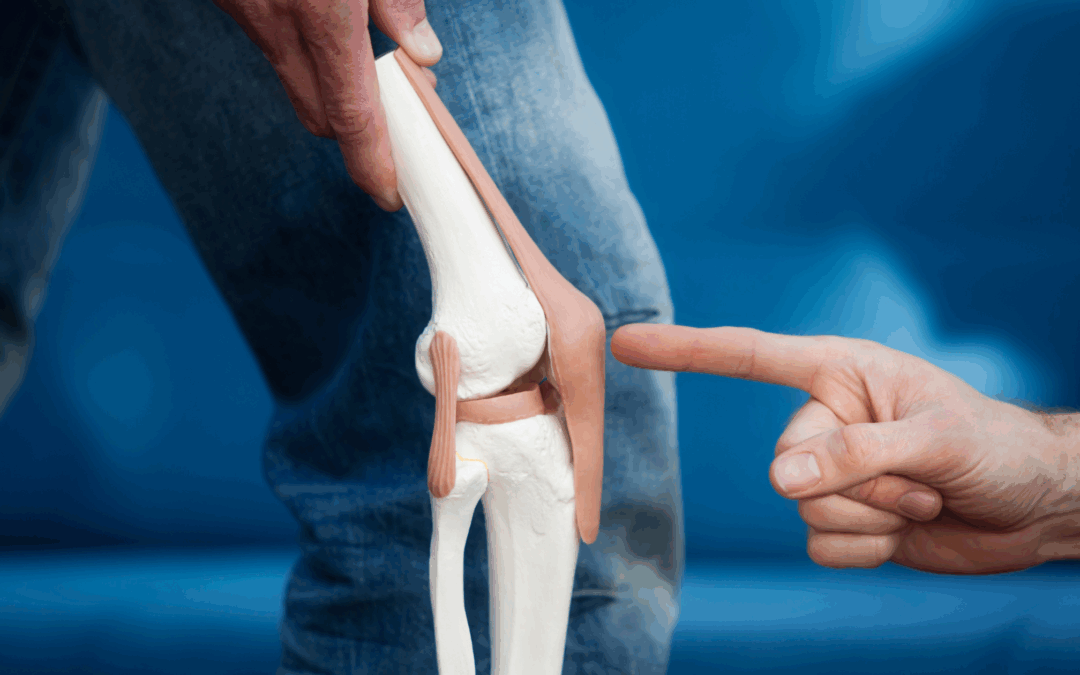Tendon and ligament injuries are notoriously slow to heal, often sidelining athletes, workers, and everyday individuals for weeks or even months. While rest, physical therapy, and sometimes surgery are commonly prescribed treatments, many people overlook a crucial factor that can significantly influence recovery: nutrition.
Tendons and ligaments are made up of dense connective tissue primarily composed of collagen—a protein that gives these structures strength and flexibility. Because they have a limited blood supply, their healing process is slower compared to muscles or skin. However, by optimizing nutrition, you can give your body the essential building blocks it needs to repair and regenerate connective tissue more efficiently.
Understanding the Healing Process
When a tendon or ligament is injured—whether through a sprain, strain, or tear—the body initiates a complex healing response that unfolds in three phases:
- Inflammation (First few days) – The area becomes swollen and painful as the immune system clears damaged cells and begins tissue repair.
- Proliferation (Up to several weeks) – New collagen fibers are laid down to rebuild the injured tissue.
- Remodeling (Weeks to months) – Collagen is reorganized to restore strength and function.
Nutrition plays a key role in all three stages, supporting everything from reducing excessive inflammation to synthesizing new collagen.
Key Nutrients for Tendon and Ligament Repair
1. Protein and Amino Acids
Protein is the foundation of tissue repair. Amino acids like glycine, proline, and lysine are essential for collagen synthesis. A diet lacking in protein can significantly delay healing.
Best sources:
- Lean meats, poultry, fish
- Eggs
- Greek yogurt
- Bone broth (rich in collagen and gelatin)
- Plant-based sources like quinoa, lentils, and soy
2. Vitamin C
Vitamin C is a cofactor for collagen production and helps stabilize the collagen triple-helix structure. It also has antioxidant properties that protect healing tissues from oxidative stress.
Best sources:
- Citrus fruits (oranges, grapefruit)
- Strawberries
- Bell peppers
- Kiwi
- Broccoli
3. Zinc
Zinc plays a critical role in tissue regeneration, immune response, and collagen synthesis. Even a mild deficiency can impair healing.
Best sources:
- Pumpkin seeds
- Oysters
- Beef
- Chickpeas
- Cashews
4. Omega-3 Fatty Acids
These healthy fats help modulate the inflammatory response, reducing excessive inflammation that can hinder healing.
Best sources:
- Salmon and other fatty fish
- Chia seeds
- Walnuts
- Flaxseeds
- Fish oil supplements
5. Vitamin A
This fat-soluble vitamin helps with collagen formation and immune function. It’s also involved in cellular growth and differentiation, vital for tissue regeneration.
Best sources:
- Carrots
- Sweet potatoes
- Spinach
- Kale
- Liver
6. Copper and Manganese
These trace minerals are important co-factors in enzymatic reactions involved in collagen cross-linking, which strengthens connective tissue.
Best sources:
- Nuts and seeds
- Shellfish
- Whole grains
- Leafy greens
Collagen and Gelatin Supplements
There’s growing evidence that supplementing with hydrolyzed collagen or gelatin, especially when combined with vitamin C, can enhance tendon and ligament repair. These supplements provide key amino acids like glycine and proline in a readily absorbable form.
One study from the American Journal of Clinical Nutrition found that consuming gelatin before exercise increased collagen synthesis in ligaments. This is particularly helpful during the rehab phase of recovery when tissues are being remodeled and strengthened.
Pro tip: Take collagen or gelatin supplements about 30–60 minutes before physical therapy or light rehab exercises for optimal impact.
Anti-Inflammatory vs. Pro-Inflammatory Foods
While some inflammation is necessary for healing, chronic inflammation can interfere with recovery. Choosing the right types of foods can help modulate this response.
Eat more:
- Colorful vegetables and fruits
- Turmeric and ginger
- Green tea
- Healthy fats (olive oil, avocado)
Avoid or limit:
- Refined sugars
- Processed foods
- Fried foods
- Excessive alcohol
- Trans fats
Hydration and Connective Tissue Health
Tendons and ligaments require adequate hydration to maintain elasticity and function. Dehydrated tissues are more prone to injury and slower to repair.
Tips to stay hydrated:
- Drink water consistently throughout the day
- Include electrolyte-rich fluids (especially if sweating heavily)
- Limit caffeine and alcohol, which can dehydrate
Timing Your Nutrition
When you eat can also affect recovery. Aim to space protein-rich meals evenly throughout the day to promote continuous tissue repair. Pairing protein with antioxidant-rich vegetables helps reduce oxidative stress on healing tissues.
Additionally, nutrient timing around rehabilitation sessions—like consuming vitamin C and collagen beforehand—can enhance tissue remodeling.
Nutrition for Long-Term Tendon and Ligament Health
Even after recovery, maintaining a diet that supports connective tissue can help prevent future injuries. Consider these strategies:
- Continue regular intake of collagen-boosting nutrients
- Avoid crash diets that deprive the body of essential micronutrients
- Focus on maintaining muscle strength and joint mobility through consistent exercise
- Use anti-inflammatory foods as part of your daily diet
Conclusion
Nutrition is a powerful tool in the recovery journey from tendon and ligament injuries. While it won’t replace physical therapy or rest, the right nutrients can significantly accelerate healing and improve tissue strength. Whether you’re dealing with an acute injury or managing chronic connective tissue damage, paying attention to what’s on your plate can make a meaningful difference in how quickly—and how well—you recover.
